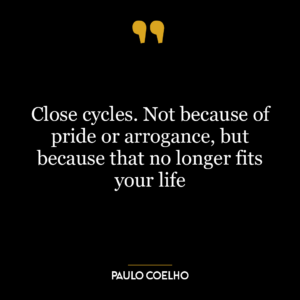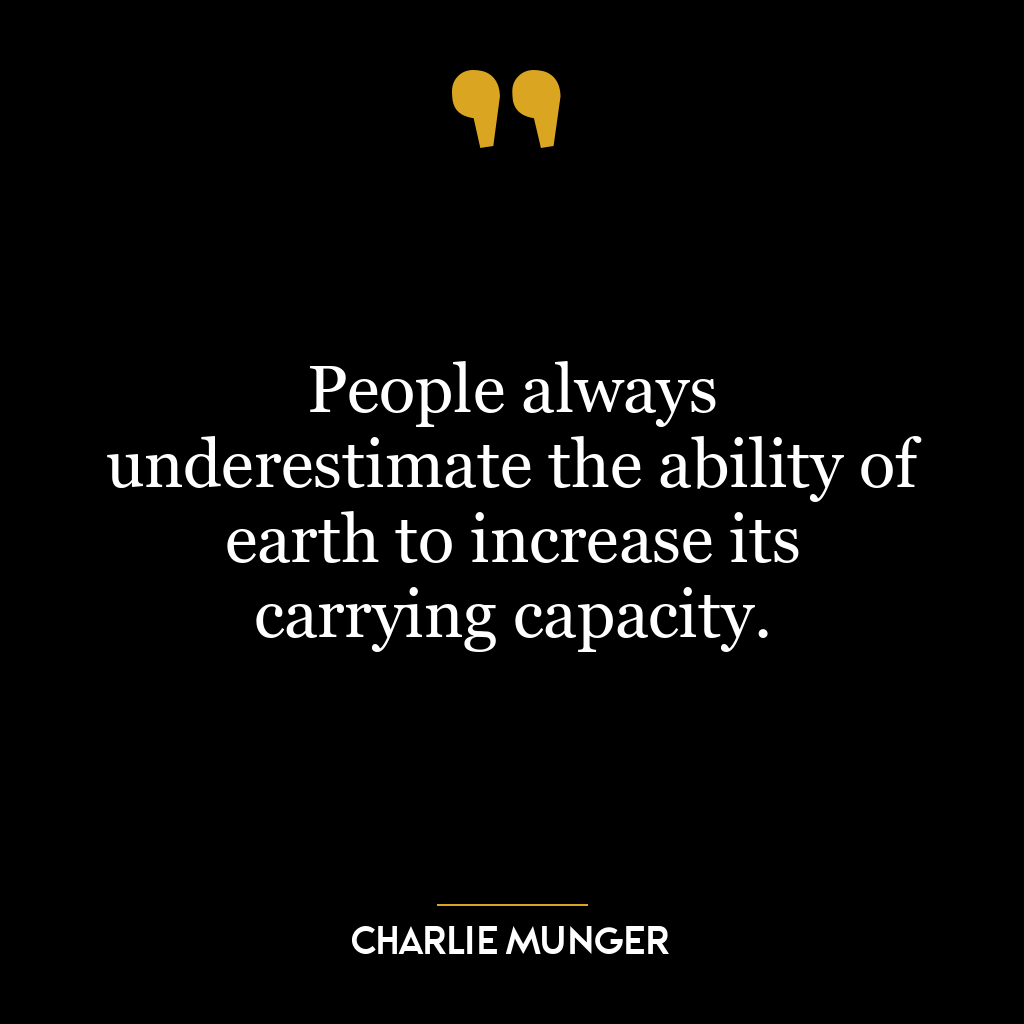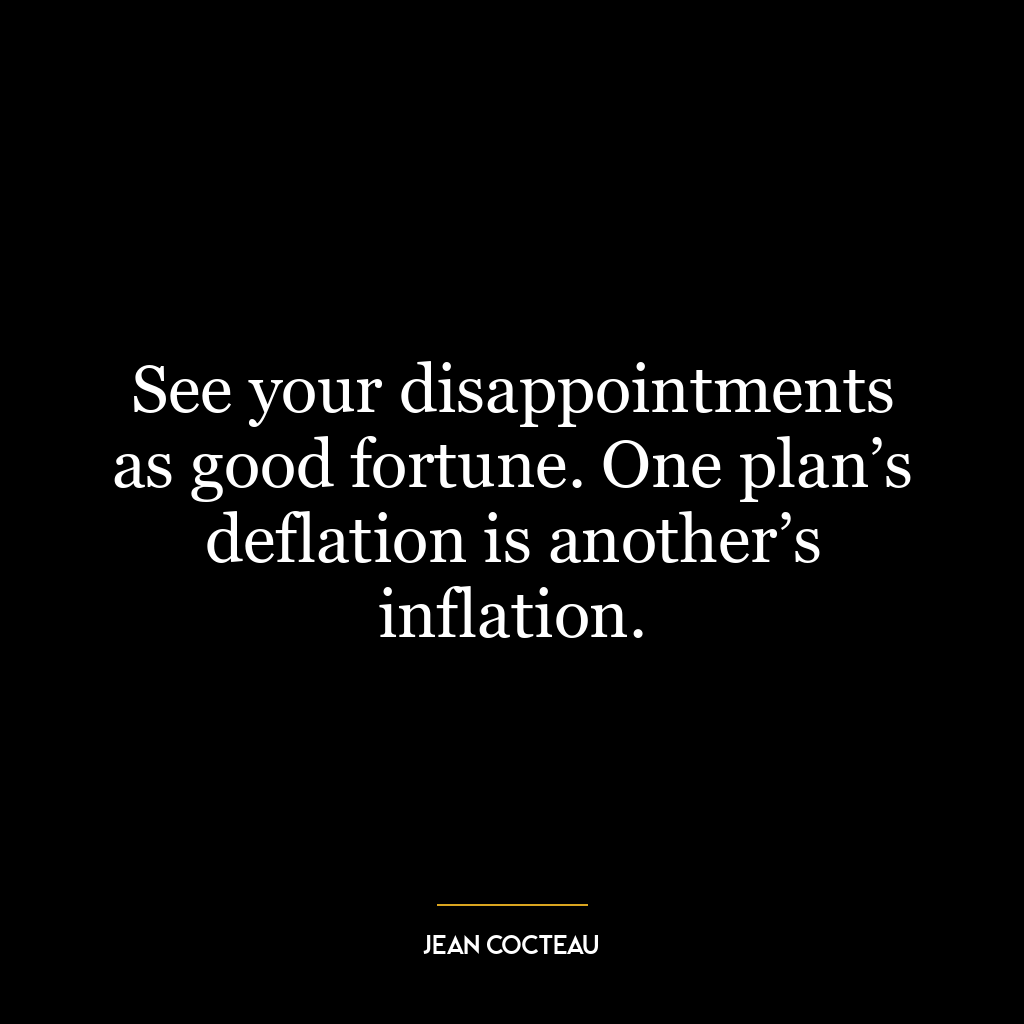This quote is a powerful statement about the power of perspective and choice in our lives. It suggests that when we encounter difficulties or challenges, we have two options: we can either see ourselves as victims, or we can see ourselves as adventurers.
Seeing oneself as a “poor victim” implies adopting a passive, helpless stance. It means focusing on the unfairness of the situation, feeling powerless, and letting the circumstance dictate our mood and actions. In contrast, seeing oneself as a “great adventurer” implies an active, courageous stance. It means embracing the challenge, seeking solutions, and using the situation as an opportunity to learn, grow, and become stronger.
The quote underscores the idea that our perspective on difficulties is a choice we make, and this choice greatly influences our experience and our response. It also suggests that the same situation can be experienced very differently depending on the perspective we choose to adopt.
In today’s world, this idea is particularly relevant. We are constantly faced with challenges and uncertainties, both personally and collectively. Whether it’s dealing with a personal setback, navigating a career change, or facing a global crisis, our perspective on these challenges can greatly influence our experience and our response.
For instance, if we see a career setback as a devastating blow, we might feel defeated and give up. But if we see it as an opportunity to explore new paths and develop new skills, we might feel energized and motivated to move forward.
In terms of personal development, this idea encourages us to cultivate a growth mindset and resilience. It reminds us that we have the power to choose our perspective and that this choice can greatly influence our emotional well-being, our actions, and ultimately, our growth and development. It also encourages us to see challenges not as obstacles, but as opportunities for learning and growth.









